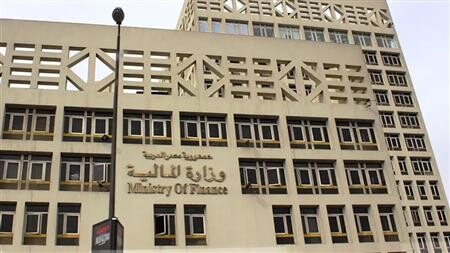The Ministry of Finance has reported a substantial decrease in Egypt’s overall budget deficit for the period from July to November in the current fiscal year (2024/2025). The deficit has been reduced by LE 92 billion, now standing at LE 560.6 billion, which is 3.2% of the Gross Domestic Product (GDP). This marks a notable decline from LE 652.7 billion, or 4.6% of GDP, during the same period last fiscal year.
In an unprecedented feat, Egypt’s primary surplus reached LE 170 billion, a threefold increase from the LE 60.8 billion recorded in the same period last year. This is the highest primary surplus the country has ever achieved. The primary surplus indicates the difference between government revenues and expenditures, excluding interest payments on debt, showcasing the nation’s improving fiscal health.
The Ministry of Finance attributes this positive fiscal outcome to several key factors:
1. Increase in Tax Revenues: A remarkable 38.4% rise in tax revenues played a crucial role in narrowing the deficit.
2. Controlled Public Spending: Enhanced oversight of public spending has been instrumental in achieving these fiscal improvements.
3. Improved Debt Management: Strategic distribution of interest payments throughout the fiscal year helped in better debt management.
4. Diversification of Financing Sources: By expanding the sources of financing, the government ensured more robust financial stability.
5. Adherence to Investment Ceilings: Efforts to limit public investments funded by the treasury to the investment ceiling of LE 1 trillion for the current fiscal year also contributed significantly.
Economists are optimistic about Egypt’s fiscal trajectory, citing the government’s disciplined approach to managing resources. Dr. Ahmed El-Sayed, a financial analyst at Cairo University, commented on the development, stating, “This reduction in the budget deficit is a testament to the government’s effective fiscal policies and commitment to sustainable economic growth.”
Data from the International Monetary Fund (IMF) supports this analysis, indicating that countries with robust fiscal management practices are better positioned to attract foreign investment and stimulate economic growth.
In an exclusive update, sources within the Ministry revealed plans to further enhance fiscal policies by introducing new tax reforms aimed at broadening the tax base and increasing compliance. These measures are expected to support continued economic improvements in the coming years.


